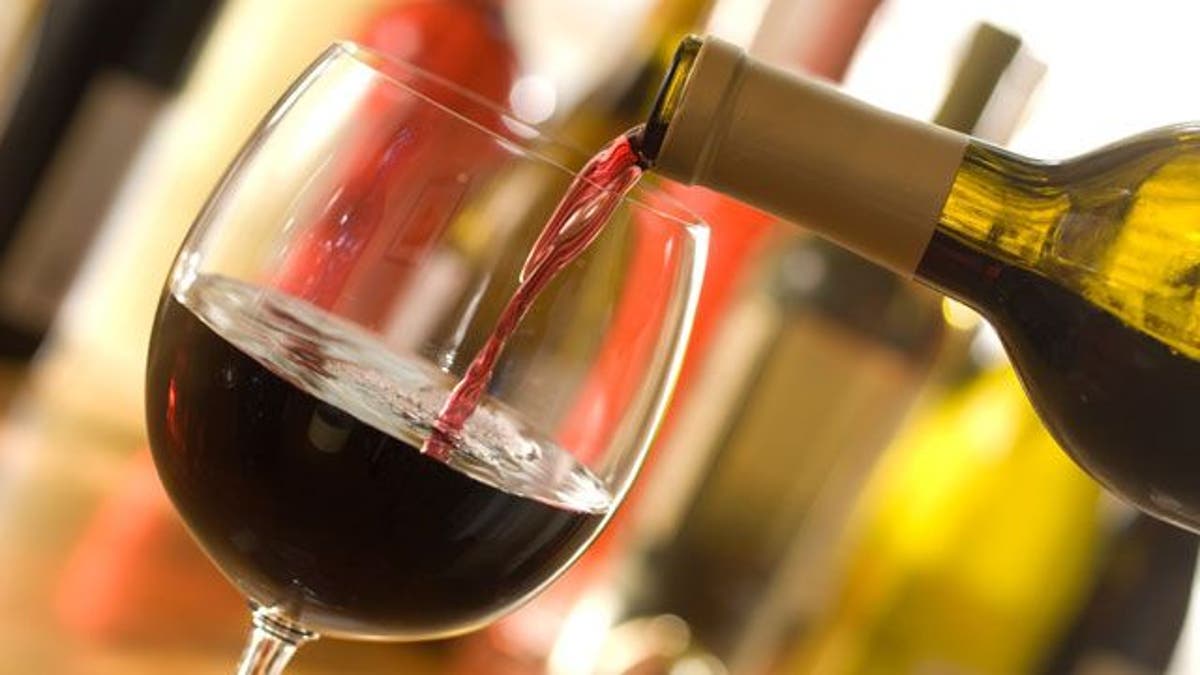
A substance found in red wine and dark chocolate that has been touted for its supposed anti-aging effects may improve people's memory, new research suggests.
In a study of overweight adults, those who took resveratrol supplements for six months had better short-term recall than their counterparts who took a placebo. The people who took the supplement also had more connections among brain areas involved in memory, and this paralleled improvements over the study period in their ability to break down sugar in the body, researchers found.
This small pilot study, detailed Wednesday (June 4) in the Journal of Neuroscience, is the first to show a link between the red wine compound and cognition in overweight adults, said Veronica Witte, a neuroscientist at the Charit UniversittsmedizinBerlin in Germany. [6 Foods That Are Good for Your Brain]
"From a clinical point of view, our findings suggest that regular, high-level intake of resveratrol in the elderly may convey protective effects on cognitive functions, a hypothesis that now needs to be evaluated in large-scale clinical trials," Witte told Live Science.
Brain booster?
Aside from red wine and dark chocolate, sources of resveratrol include red grapes, peanuts, blueberries and Japanese knotweed. Doctors think the compound mimics the effects of a restricted-calorie diet on the body.
Some studies have linked resveratrol to benefits in aging, heart health and anti-cancer effects. But other studies suggest the compound has no effect on longevity. Few studies have investigated resveratrol's effects on cognition, and those that have done so investigated nonhuman primates, the researchers said.
In the new study, Witte and her colleagues tested 46 participants who were overweight, but otherwise healthy. Previous studies suggest resveratrol's effects are more pronounced in overweight individuals.
Half of the volunteers were randomly assigned to take 200 milligrams of resveratrol daily for six months, while the other half received a placebo. Neither the researchers nor the volunteers knew who was receiving the supplement or the placebo.
Before and after the six-month period, the participants took a memory test, gave a blood sample and had their brains scanned using functional magnetic resonance imaging, which measures changes in blood flow as a proxy for brain activity.
Cognitive benefits
Those who received resveratrol supplements remembered more words on a list that they had seen 30 minutes previously than those who received the placebo. Moreover, the brain scans showed more communication within the hippocampus, a memory-related brain region, and the blood tests showed reduced levels of a blood sugar marker, in the people who took resveratrol.
The findings suggest that sugar metabolism may be linked to brain connectivity and memory, the researchers said.
Other scientists praised the study, but agreed that more research was needed to confirm resveratrol's brain-boosting effects.
The study provides the first evidence that resveratrol supplementation in healthy, overweight, older adults affects cognitive and brain function simultaneously, said Fabienne Aujard, an anti-aging researcher at the National Center for Scientific Research in France who was not involved in the study. "Nevertheless, further studies should be performed in non-overweight subjects to extend the observed results."
The study showed modest, but still notable improvements in cognitive function and sugar metabolism, said Joseph Baur, a physiologist at the University of Pennsylvania's school of medicine in Philadelphia, who was also not part of the study.
Still, the fact that the study involved overweight people "makes the detection of any benefit all the more impressive, but also suggests that the potential impact [of resveratrol] may be underestimated," Baur said.
Copyright 2014 LiveScience, a TechMediaNetwork company. All rights reserved. This material may not be published, broadcast, rewritten or redistributed.







































